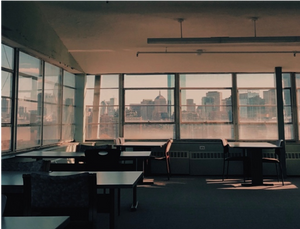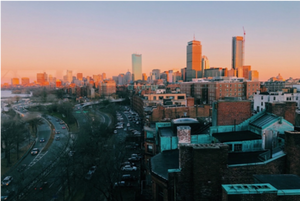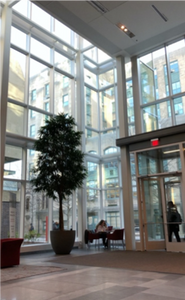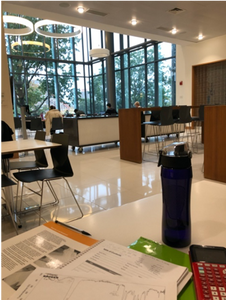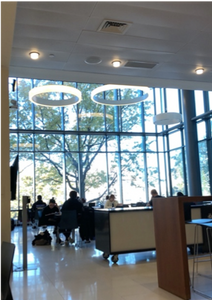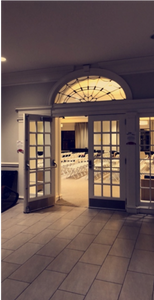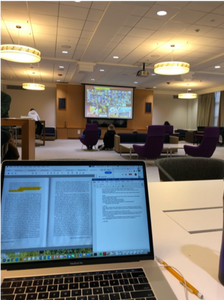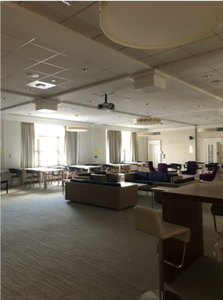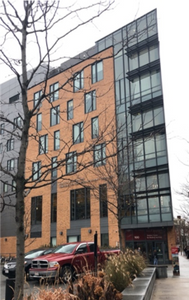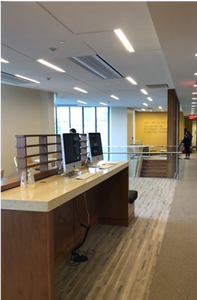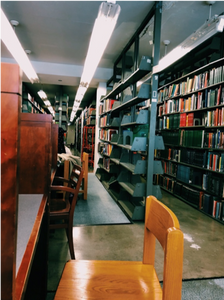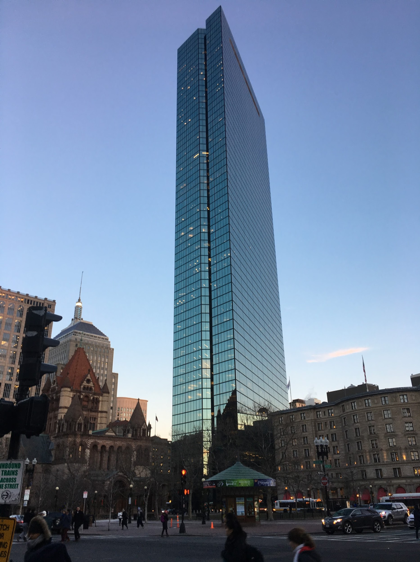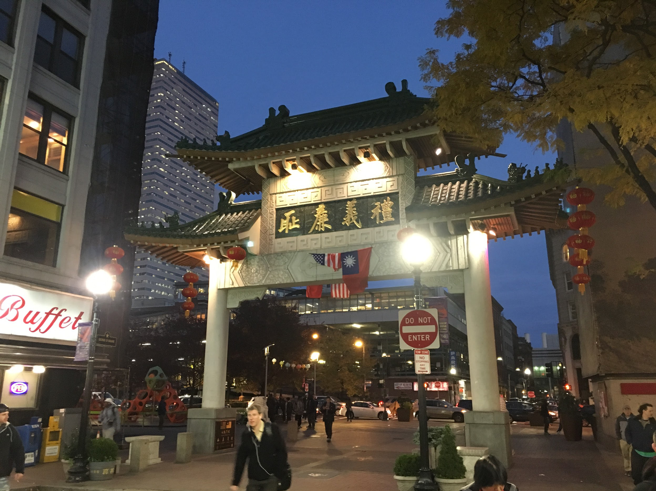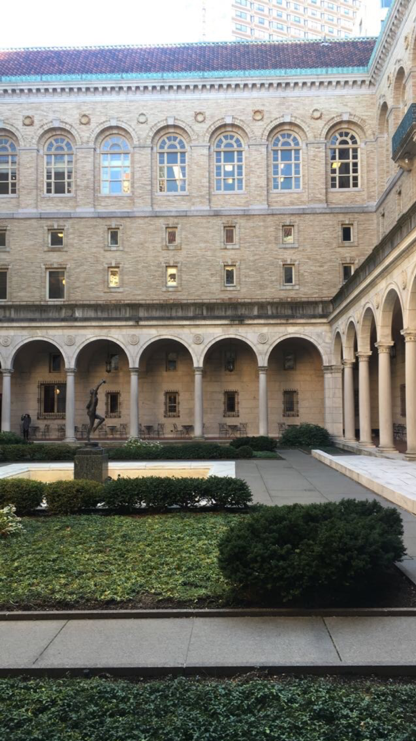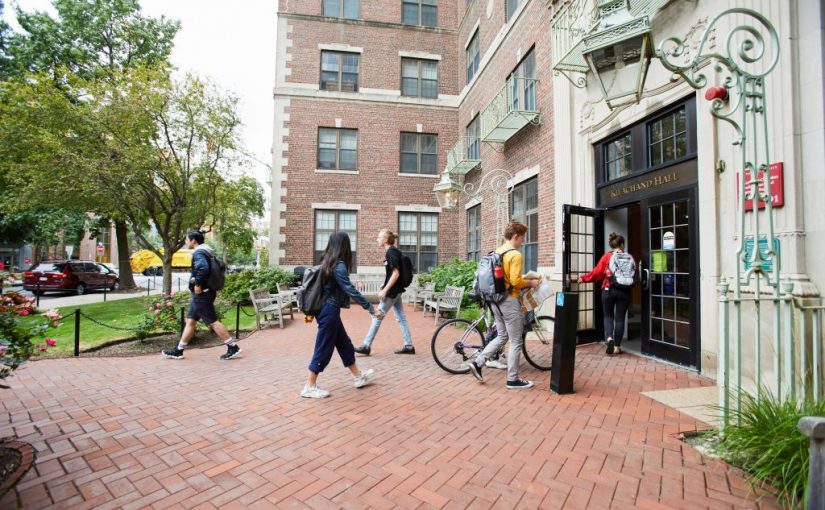By Core Funke (CAS’23)
As a vegetarian and sometimes vegan, I have experienced eating both ways while living on campus. While it can be challenging at times, I’ve discovered some tips and recommendations that should make it easier for you!
1. Dining halls
Most of the time, the dining halls on campus at BU offer a solid array of veggie foods. Kilachand Hall is located right across the street from Marciano Commons, so this is probably where you will eat most of your meals. Luckily most people consider it to be the best dining hall at BU!
For breakfast, the choices are similar each day. There is always oatmeal, bagels, toast, yogurt with granola, fruit, cereal, and non-dairy milk options. Usually there is a customizable omelette station which also has tofu scrambles, and I love getting vegan pancakes and hash browns. Pastries rotate daily, and some of my favorites are croissants, blueberry muffins, and vegan pumpkin bread.
For lunch and dinner, there is always a meal at the permanently vegan station. Luckily, if that choice isn’t your favorite, a great option is to ask for just the grain, starch, or vegetable options from any of the other stations. The dining hall workers are always really willing to customize your plate (or carry out container in the age of COVID). Oftentimes you can also substitute the protein option with tofu. There are always salads, vegetables with hummus, vegan pizza, French fries, and fruit. Last year, my favorite meal was called “create your own vegan station,” which was made to order curries with really yummy veggies and sauces! Some of my favorite vegan desserts are chocolate mousse and apple crisp.
Another dining hall is Granby Commons at BU Hillel, which is right near the College of Arts and Sciences building. It is completely Kosher, so they don’t cook with dairy products. This means that half of the options are vegan! There are always really yummy meals here, and my favorite is the stir-fried noodles. On some days the grill makes veggie burgers and fries, which is another great option. Before COVID, there was a huge salad bar with tons of toppings, but for now there are packaged salads. They also always have vegan desserts here, and I would highly recommend the chocolate chip cookies!
2. On-campus restaurants
Most on-campus restaurants are super customizable, which makes it really easy to exclude meat, dairy, and eggs. At the George Sherman Union, I love going to Greens & Grains where you can make your own salads. Open Kitchen alternates between serving Middle Eastern cuisine and Latin American cuisine, and it can also be made vegan or vegetarian. The Charles River Bread Company offers sandwiches on a rotating basis, and while most of them have meat sometimes you can catch one without it. They also have several soups, and I am obsessed with their vegetarian creamy tomato soup. A hack is to get a grilled cheese sandwich from Starbucks next door to make it a cozy meal.
Speaking of Starbucks, I like getting their vegetarian breakfast wraps for either breakfast or lunch, and of course most of their drinks can be made vegan. Located in the basement of the CAS building, Einstein Bros. Bagels has really good bagels and egg sandwiches, and while I was doing a one-month vegan challenge earlier this year, I would get a bagel and top it with vegan butter from the dining hall or peanut butter when I got back to my room. Basho has really good sushi rolls, poke bowls, and sushi burritos! I love getting the bowls, which come with lots of rice, and I get tofu instead of fish. There are many toppings and sauces to choose from, and it’s really easy to make vegan.
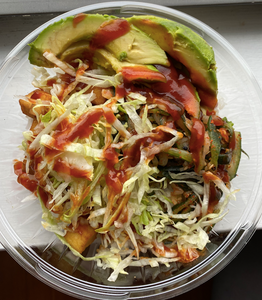
3. Off-campus restaurants
Being right in the middle of Boston makes it so easy to find vegan and vegetarian options at restaurants! Some staples located really close to BU are Nud Pob which serves Thai food, and Pavement Coffeehouse which has so many vegan swaps. Other favorites of mine are Clover Food Lab, India Quality Restaurant, Pho Pasteur, Life Alive, By Chloe, Dig, Rhythm ‘N Wraps, and so many more!

